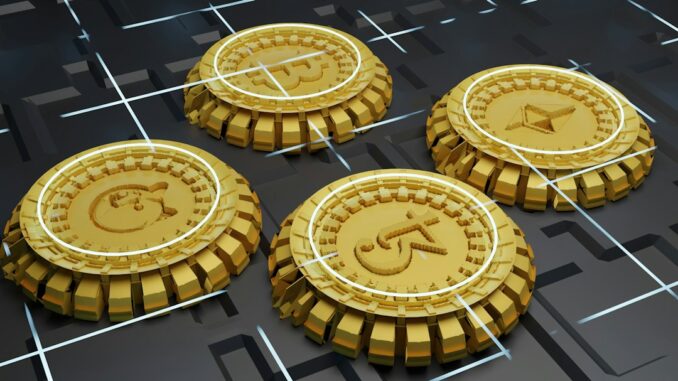
The growing link between new tech and rules is a key part of the crypto world. As blockchain creates new ways to boost efficiency and output, it also shakes up old financial setups. This shakeup, based on the idea of not relying on a central point, brings its own issues. While it holds the promise of financial freedom and creative breakthroughs, the young field is struggling with the downside of its swift rise—illegal acts that have cost investors a lot.
Decentralization is central to the crypto movement’s beliefs. It’s this feature that drives innovation and challenges the power of big financial bodies. Yet, the lack of solid rules has accidentally let bad actors in, leading to scams and hacks that have taken billions from the market. These incidents show how vulnerable investors are and the bigger risks in the industry’s current state.
In turn, governments and rule-makers worldwide are working on and putting in place measures to control the excesses of a market that’s mostly unchecked. The sudden crash of the FTX exchange in 2022 showed the dangers of weak rules, making a strong case for new systems to protect investors and keep the market honest. High-profile people like U.S. Treasury Secretary Janet Yellen agree that tough rules are needed to fight crime and protect consumers in a fast-changing industry.
Yet, the move for rules hasn’t stopped new ideas. It’s actually led to new solutions that strike a balance between safety and the bold spirit of blockchain. For example, Jurat, a blockchain platform, aims to build in legal rights protection for digital assets. Its CEO, Mike Kanovitz, wants a blockchain that can link to courts, solve disputes, and help more people use cryptocurrencies. Jurat’s ‘Judicial Manager’ feature is a sign of such new ideas. It helps connect to legal systems while keeping blockchain’s independent nature, making things clearer and building a sense of responsibility and trust.
Regulated blockchains offer more than just decentralization. These systems can make the whole ecosystem seem more trustworthy and give rule-makers new ways to shape a safe and growing space while also cutting down risks. For example, the ability to freeze assets in smart contracts boosts oversight and strengthens the market and investor trust.
The crypto field is at a key point where balancing new ideas and safety is crucial for its survival and for wider acceptance. It’s through the joint work of rule-makers, industry players, and tech experts that a strong and even-handed system can come about—one that not only protects everyone involved but also supports a culture that values both compliance and new ideas.
The interaction between blockchain, rules, and decentralization is shaping our financial future—a future that depends on encouraging new ideas while also keeping the industry’s framework secure. The push for growth and acceptance in crypto needs a flexible and quick approach to the changing landscape of rules. It’s through this mix of teamwork, vision, and flexibility that the digital economy can build a strong system—one ready to handle the challenges and chances of the constantly changing crypto world.

Be the first to comment